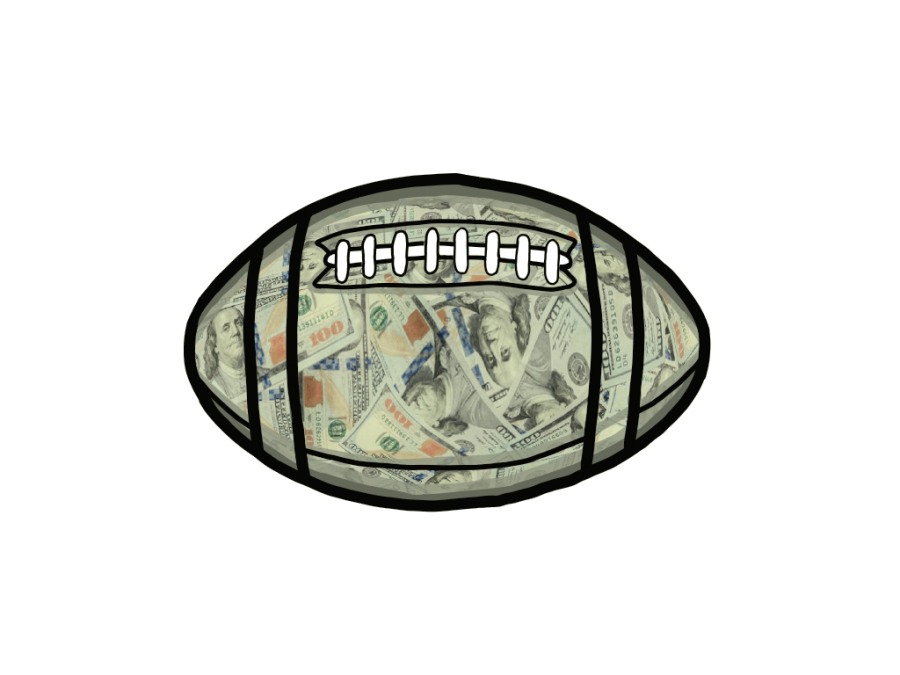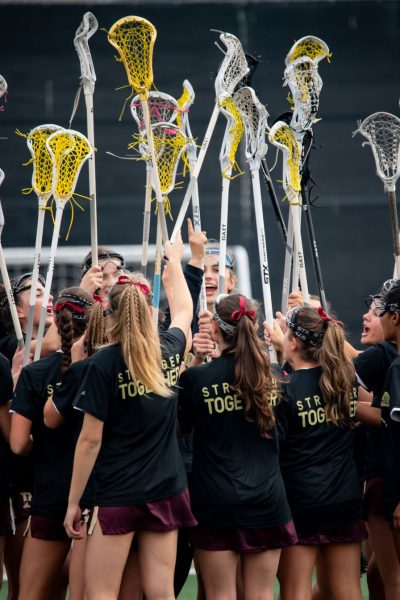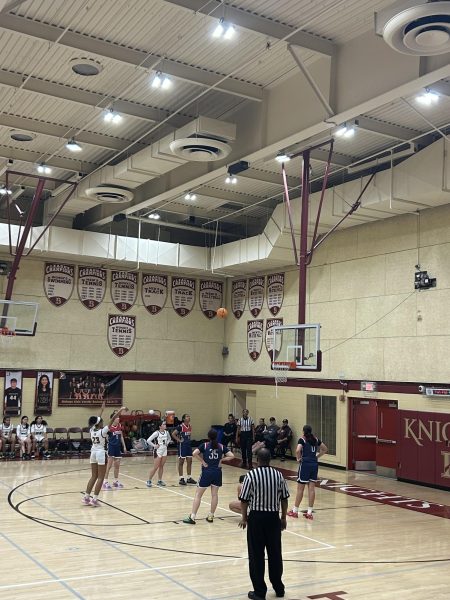How Much is an Athlete Worth?
$300 million over ten years? Sounds good. Earlier this year, salary caps became especially relevant when multiple Major League Baseball (MLB) players signed contracts worth more than $300 million for over ten years. In the United States, there are four major sports leagues. Three of these leagues have a cap on total team salaries. The only outlier is the MLB, where teams can pay their players as much as they want. Is it justified for people to be making so much money playing a sport?
Many critics of professional salaries believe that salaries should be based on economic importance for the country, meaning jobs that help the economy more should be paid more. For example, teachers help the economy by educating the future workforce, yet they do not receive nearly as much as these professional athletes. Additionally, firefighters, police officers, and countless others help the whole country, risking their lives for the individual, while these athletes are paid more. It is understandable that people are frustrated to see athletes like famous quarterback Tom Brady and professional basketball player Steph Curry get so much recognition, but everyday heroes like those firefighters go completely unappreciated. Furthermore, many writers such as Mihir Bhagat from Bleacher Report argue that if athletes make so much money, then they should be good role models as well. Some athletes are put on blast and are labeled as “hotheads” and that they can’t control their temper.
Such high salaries can be justified if the public spends money on goods related to the sport such as a TV, jerseys, other gear, and tickets to go see the game live. According to Kurt Badenhausen, a senior editor at Forbes who primarily focuses on franchise evaluations, the Dallas Cowboys raked in $840 million last year. People continue to spend their money going to g grown men play sports, and as long as that continues, these athletes should get an equal reward.
As well, many athletes struggle with constant job security. Athletic Director Shane Walton (‘98) talked about his time spent in the National Football League (NFL). Coach Walton mentioned how “Nothing is guaranteed in the NFL.” The NFL has a rule that says no money is guaranteed in a player’s contract, unlike the three other leagues. A team has the right to take away money from a player as they see fit. This was seen very recently, as the Oakland Raiders took the $30 million that Wide Receiver Antonio Brown on in his contract. This incident caused the seven-time Pro Bowler to have one of the biggest freak-outs on social media in NFL history. In a post on his Instagram, Brown said “I am not just AB the football player, I am Antonio Brown, the person.” Additionally, the tenure of a spot on a professional sports team is very short in most cases and is always under scrutiny. One day you could wake up a New York Giant, the next a Cleveland Brown. Coach Walton shared a similar experience from his multiple years in the league. “One morning you see you’d teammate, your friend, and by lunch, he’s gone. It’s a business,” he said.
It isn’t just the NFL that is a business first, where some owners don’t treat their players with the respect that is deserved. In all three of the other major American sports leagues, the National Hockey League, National Basketball Association, and MLB, there have been extreme cases where a player has been traded to a new team while they were on the field. James Dator, a writer for the sports website SB Nation,” broke one of the more recent instances, where the Dallas Mavericks were playing the Charlotte Hornets and Harrison Barnes, a forward for the Mavs, was traded during the game. He was unexpectedly substituted, and throughout the rest of the game, the news traveled from the fans down to the bench. Other players, such as LeBron James, had a lot to say about this. James posted on social media, acknowledging the fact that the league is a business, but still expressing his disgust at the move. He pointed out that “When a player wants to be traded or leave a franchise, he’s a selfish or ungrateful player, but when they trade you… it’s best for them!”
Again, this is just another example that shows how professional sports are a business before anything else.
Everyone needs to be recognized and respected for what they do, but they also need that same recognition and respect for just being humans. This isn’t just for athletes, this is for everybody.

Ryan Arrowsmith is a freshman staff writer for The Tower. Ryan fills up his weekends with water polo, a sport that he has been playing since fifth grade,...








Ryan Arrowsmith • Nov 22, 2019 at 12:26 PM
Thank you for providing background information on this serious topic, I can see myself using this in future conversations.
Carly Phoon • Nov 22, 2019 at 12:22 PM
very compelling, ryan. whip dab nae nae